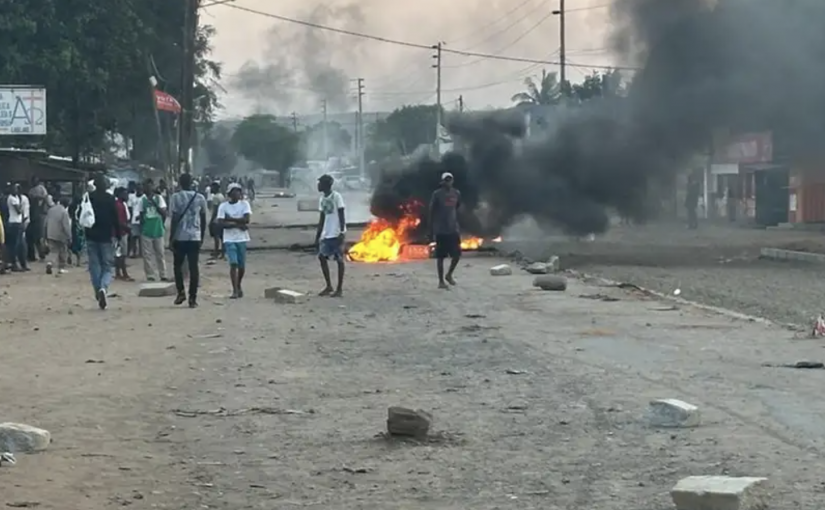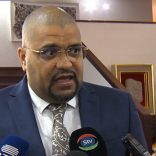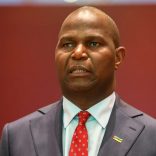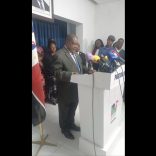Mozambique: Police deploys tear gas to disperse Mondlane supporters in Maputo after a new hearing ...
Mozambique Elections: About 1,800 health centres affected by post-election violence

[File photo: Romeu da Silva /DW]
The Civil Society Platform for Health (Plasoc-M) announced on Thursday that around 1,800 health centres have been affected by the violent demonstrations against the election results in Mozambique over the last two months.
“These demonstrations have a severe impact on the various sectors of service provision and the health sector is among the most affected (…), this phenomenon has repercussions on around 1,800 health units in the country,” said Gilda Jossias, president of Plasoc-M’s board of directors.
She was speaking in Maputo during a ceremony organised by Civil Society Organisations on the impact of the demonstrations on the health sector, adding that some health units were forced to close down “due to a shortage of medical staff or fear of vandalisation”, while others operated under more pressure “to attend to the victims of this post-election conflict”.
“Therefore, if on the one hand, the provision of public services such as health, education, transport, security, among others, was already deficient, on the other hand the paralysis of services and vandalisation of property has aggravated the situation, placing uncertainties in the provision of and access to these services,” she said.
She explained that hospitals lack health professionals due to the strike, “which contributes to patients waiting a long time for appointments and medicines”.
Plasoc-M said that around 21,494 people were affected, including chronically ill patients and people undergoing antiretroviral treatment.
“In this context, civil society expects the Ministry of Health to adopt alternative measures to ensure the provision of health services, particularly for patients with chronic illnesses,” said Gilda Jossias.
The representative highlighted as “alarming” the firing of tear gas into hospital premises, also mentioning the blocking of roads during demonstrations.
“Most recently, on 10 December, 21 patients with confirmed hospital discharges were forced to remain in hospital due to roadblocks in the city and province of Maputo, in the context of the demonstrations,” she said.
Speaking to the press, the president of Plasoc-M explained that women and children are the most affected by the situation occurring all over the country, adding that with the passage of Cyclone Chido in the north, the situation will worsen.
“From this perspective, Plasoc-M calls on Mozambique’s government to make efforts and create conditions to put an end to the crisis that has taken hold in the country, with a direct impact on the health sector, assuming that the majority of the Mozambican population still has the public service as their only reference for accessing health services,” she concluded.
At least 130 people have died in the post-election demonstrations in Mozambique since 21 October, according to a report this week by the Decide Electoral Platform, which monitors the electoral processes in Mozambique, which also points to 385 people shot.
Presidential candidate Venâncio Mondlane said on Monday that the proclamation of the results of the general elections by the CC, expected on 23 December, will determine whether Mozambique “moves towards peace or chaos”.












Leave a Reply
Be the First to Comment!
You must be logged in to post a comment.
You must be logged in to post a comment.